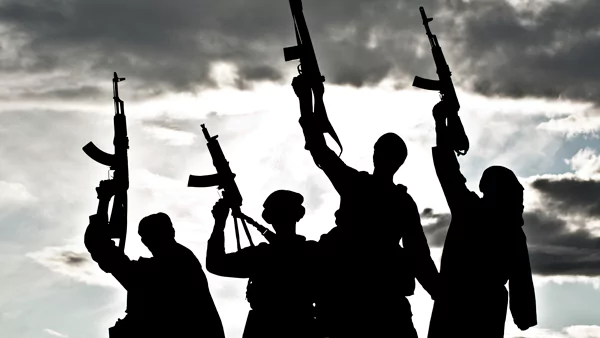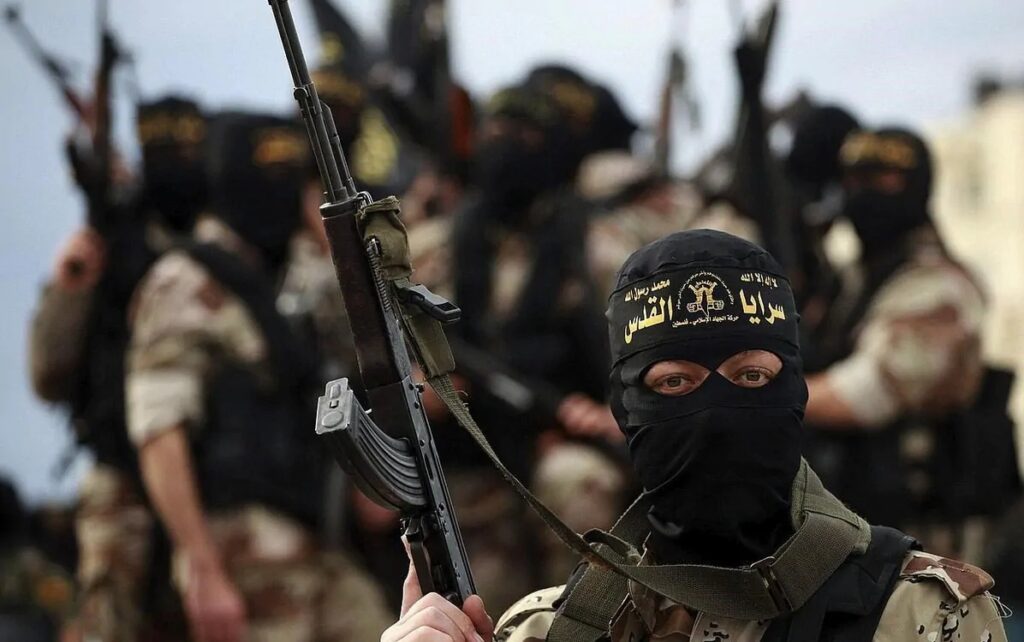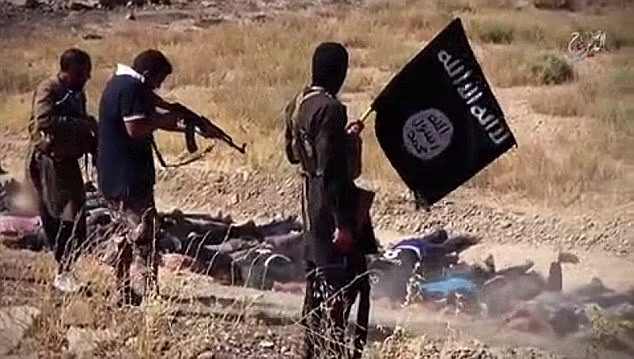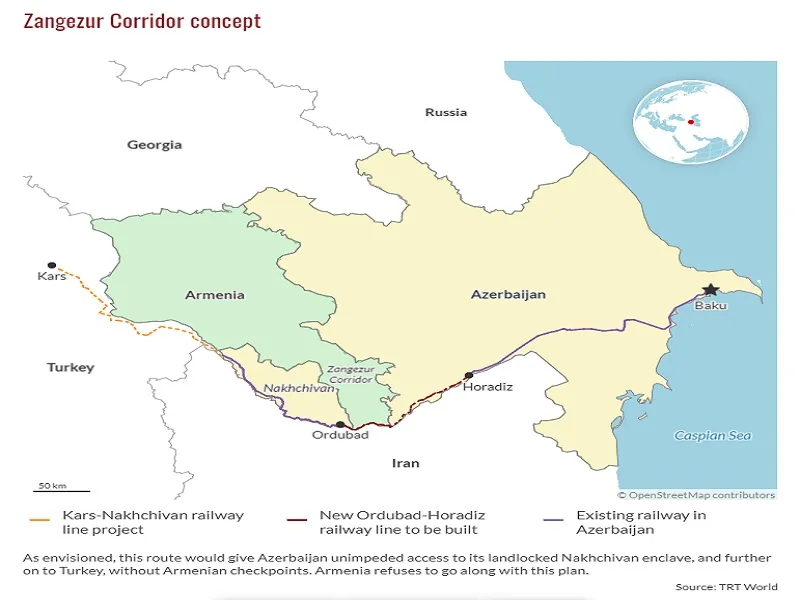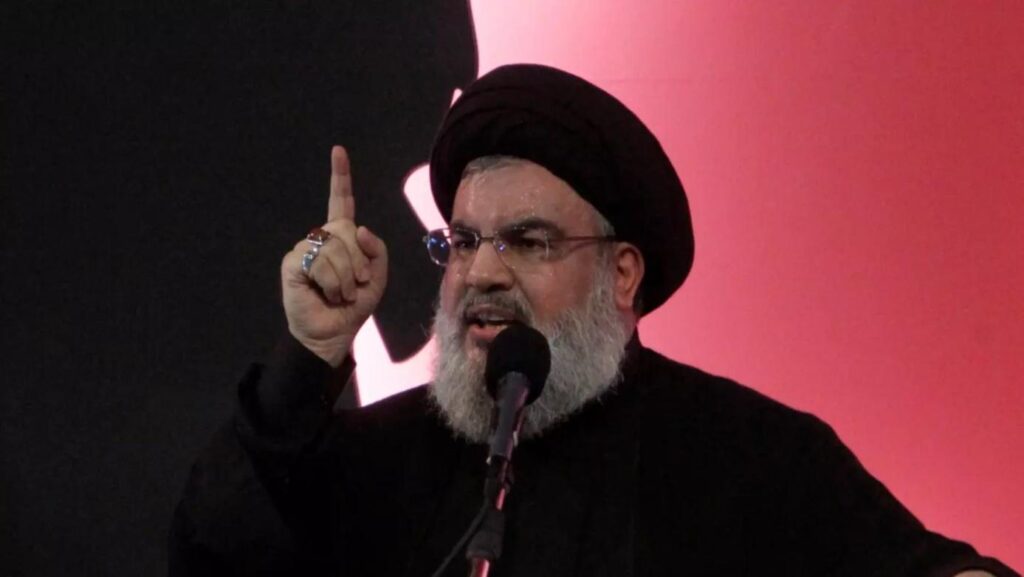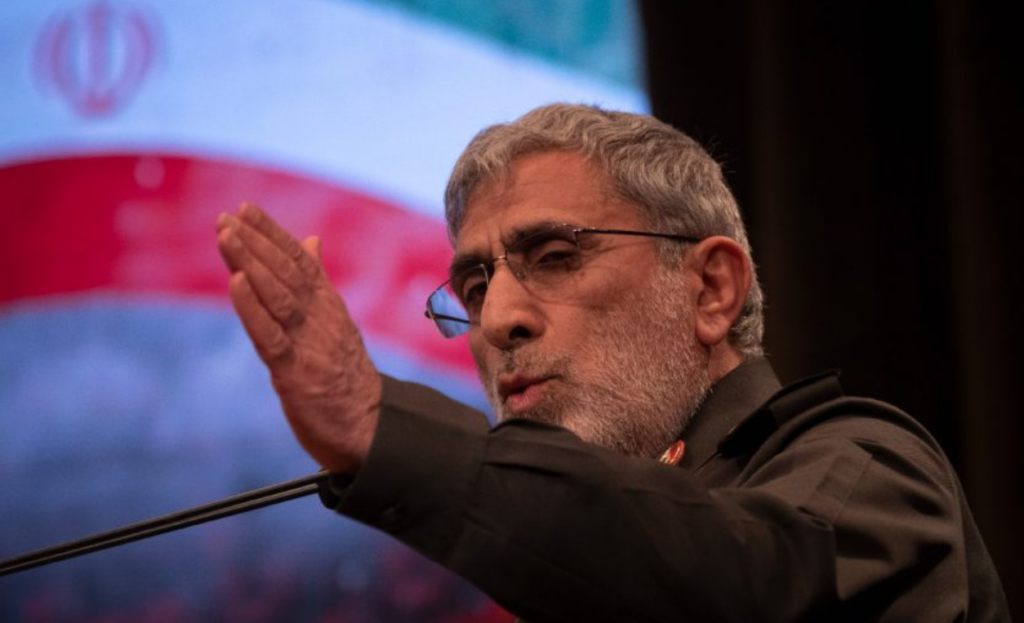European Youth is Joining ISIL En Masse

The ever growing threat of jihadist movements to the civilized world has recently been stressed by a wide array of media outlets and politicians in Europe. As noted in a recent UN report, more than 25,000 foreigners from a total of 100 countries have joined militant Islamist terrorist groups such as Al Qaeda and the Islamic State (ISIL). In Syria and Iraq, there’s more than 22,000 foreign fighters, while some 6,500 are operating in Afghanistan. The total number of foreign radicals in Yemen, Libya, Pakistan and Somalia remains unknown.

